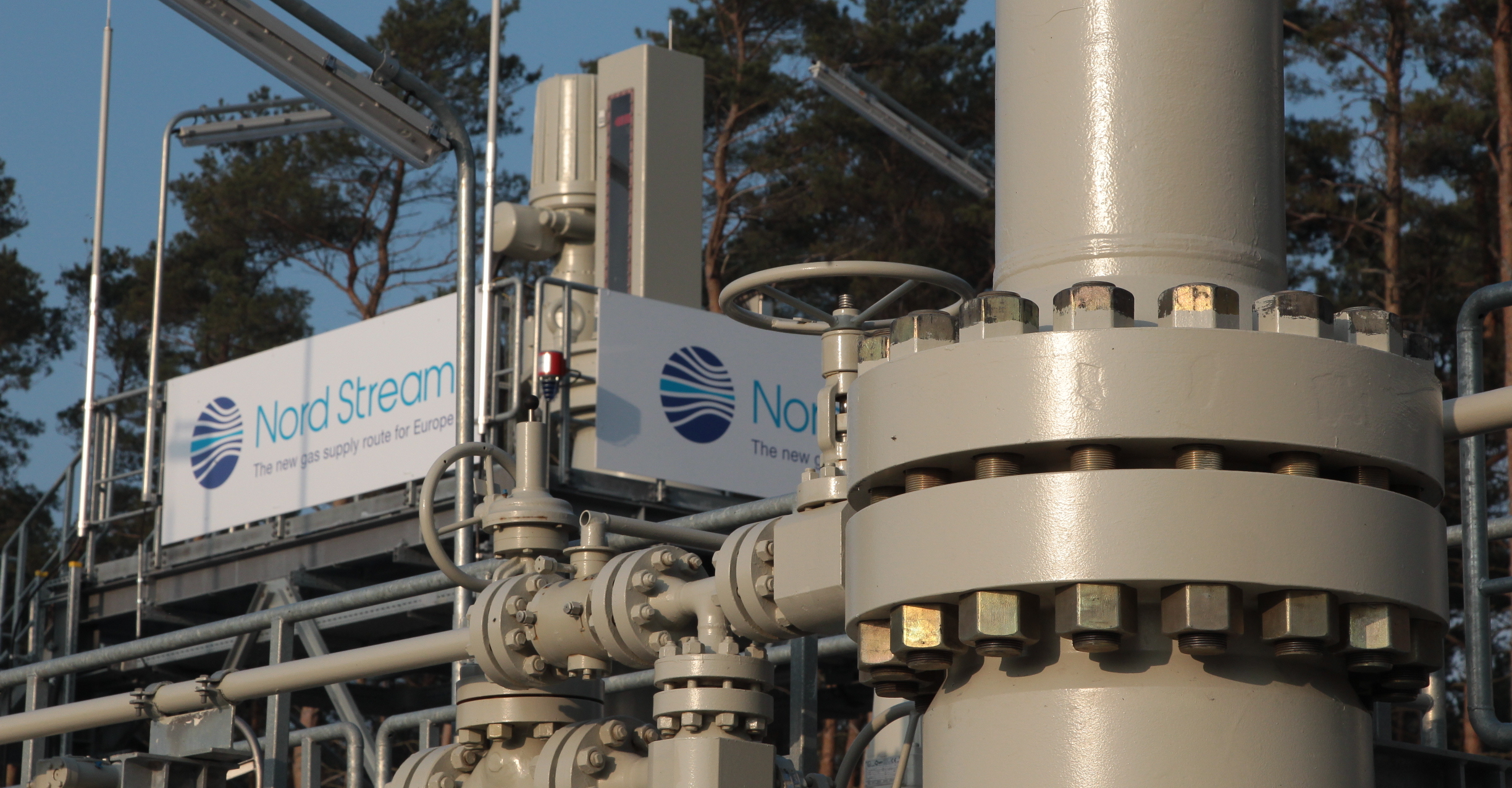
The fate of Nord Stream-2: what awaits the international companies that built the pipeline
New anti-Russian sanctions have suspended economic and trade relations between domestic businesses and foreign partners. The Made in Russia editorial board turned to experts to find out what the future holds for one of Russia's most famous international projects, Nord Stream-2.
LEGAL INSURANCE
Stanislav Mitrakhovich, an expert of the National Energy Security Fund and the Financial University, reminded that Nord Stream-2 has five creditors: the German companies Wintershall and Uniper, the French Engie, Austria's OMV and the Anglo-Dutch Royal Dutch Shell.
"They financed half of the construction of Nord Stream-2, the other half was financed by Gazprom. Some of these companies built the overpass through Germany, the Czech Republic - the onshore extension of Nord Stream-2. If the underwater part costs about 11 billion euros, the onshore part costs the same amount, if not more. If it really fails to work, different scenarios of further developments are being discussed now, the companies that spent the money will lose them," he said.
The expert noted that German creditors are already trying to file lawsuits in courts in Germany demanding that the government reimburse the costs. "There will be legal proceedings. I think governments will say it's force majeure, citing war plots, their lawyers will say this situation is not in Germany. We'll see. Maybe they will sue for some money," he said.
According to Mikhail Remizov, president of the National Strategy Institute, there is very little chance that the creditors of Nord Stream 2 will be compensated.
"When they started building it, they tried to insure - the imposition of sanctions was legally drawn up as a risk on the European side, which will have financial consequences. But I think this whole legal architecture will be nullified under the pretext of force majeure," he said in a conversation with the editor.
According to him, European business gets and will get "very tough directives" in terms of cooperation with Russia. "Politics takes precedence in such situations over both business interests and legal formalities. Political decisions will be made based on the ability to do without the gas that could come from this line," Remizov said confidently.
He noted that such tactics of the European governments will have unpleasant but not critical consequences for their dialogue with the business community.
"These are not the kinds of consequences that could be associated with political threats to the people who make decisions. That is, these are unpleasant socio-economic consequences, but not ones that threaten political survival and cause waves of public indignation in Europe," the expert said.
DEVELOPMENTS
According to Mitrakhovich, the external conjuncture now develops in such a way that the question is not about the implementation and launch of new projects, but about the existence of already launched.
"Now there are more questions as to whether the existing gas pipelines, which are in operation now, will be stopped, whether there will be restrictions on supplies from Russia or the West. Because so far the first Nord Stream is operating at full capacity," he said.
Otherwise, Gazprom will be forced to reduce the volume of gas production, and for Europe, the hypothetical cessation of gas supply will lead to a large increase in prices. "Blackouts are possible, if there is not enough electricity, the supply of electricity by the hour. But so far, there are no signs of such escalation," said Mitrakhovich.
As Remizov noted, in the current situation, Russia is better off betting on its own strength in any development.
"Russia needs to build autarky - a self-sufficient economy, to focus on the fact that some of the hydrocarbons will be supplied to China, and for most of it it is necessary to build contours for domestic processing. That is, to build a closed-cycle economy on the principles of planned economy, there are no other scenarios. The question is how to implement it. Any such construction requires time. Most likely it'll take several years to develop and decades to build", he concluded.
As a reminder, on February 24, Russian President Vladimir Putin announced a special military operation in Ukraine in response to a request for help from the leaders of the Donbass republics. He stressed that Moscow's plans did not include the occupation of Ukrainian territories. After that, the U.S., the EU, the UK, and a number of other states announced that they were imposing sanctions against Russian individuals and legal entities. Germany stopped the certification of the Nord Stream-2gas pipeline.
Read all current news in our Telegram-channel.
Made in Russia // Made in Russia
Author: Maria Buzanakova
Photo: Gazprom